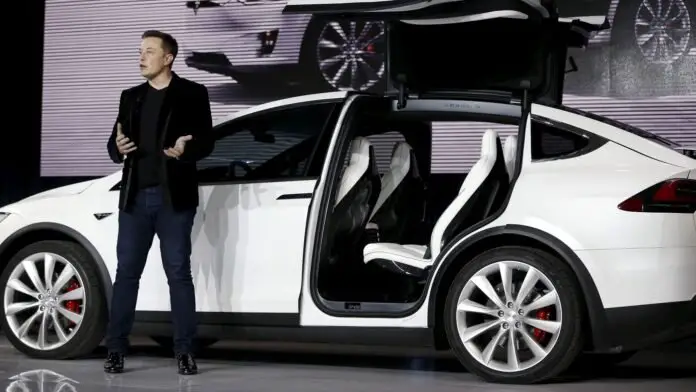By Staff Reporter
Tesla may encounter significant profit losses in the upcoming year as Donald Trump prepares to take office again, despite CEO Elon Musk’s close ties with the president-elect.
Following disappointing sales figures for the fourth quarter and a 6% decline in Tesla’s stock on Thursday, JPMorgan analysts predict further difficulties ahead.
The bank estimate that Trump’s potential elimination of electric vehicle tax credits and subsidies, which make Teslas more affordable, could threaten around 40% of the company’s profits.
Additionally, Tesla is already experiencing a slowdown in demand, marking the first decline in annual vehicle sales reported on Thursday.
Analyst Ryan Brinkman expressed concerns about Tesla’s ability to lead the global auto industry amid the ongoing transition to electric vehicles. In a note to clients on Friday, he stated, “Tesla does not appear to us on track to dominate the global auto industry amidst the electrification transition, which we view as only the starting point for present valuation.”
In 2024, Tesla reported sales of approximately 1.79 million vehicles, a slight decline from the record 1.8 million sold in 2023, marking the company’s first year-over-year drop since it emerged as a major industry player. This downturn reflects a broader slowdown in the electric vehicle market, as consumers increasingly prefer more affordable and practical hybrid options.
The sales results also dampened a remarkable post-election surge in Tesla’s stock price, which had been bolstered by investor optimism surrounding Musk’s connection to the White House and his new commission’s efforts to ease regulations on autonomous vehicles, crucial for the company’s ambitious robotaxi plans.
Ryan Brinkman contends that Thursday’s sales figures should serve as a wake-up call for investors. In his note, he stated, “The slowing of deliveries, even ahead of a likely subsidy removal, has the potential to refocus investors on the deterioration in deliveries, revenue, gross profit, EBIT, EPS, and FCF estimates across all periods.” He maintained a bearish price target of $135 for Tesla’s stock.

While Elon Musk has claimed that the removal of electric vehicle subsidies would ultimately benefit Tesla, Brinkman disagrees. He estimates that the company stands to lose the most from shifting regulations under the Trump administration, projecting a potential loss of about $3.2 billion, as government subsidies represent a significant portion of Tesla’s revenue.
For years, Tesla’s regulatory-credits business has offered a steady stream of cash flow. Essentially, the company profits from electric vehicles that its competitors fail to sell, as these companies buy Tesla’s surplus regulatory credits. Additionally, Tesla’s most affordable model, the Model 3, benefits from the $7,500 tax credit available for certain new EV purchases under the Inflation Reduction Act.
On Friday morning, Tesla shares saw a slight rebound, rising by about 4%.

